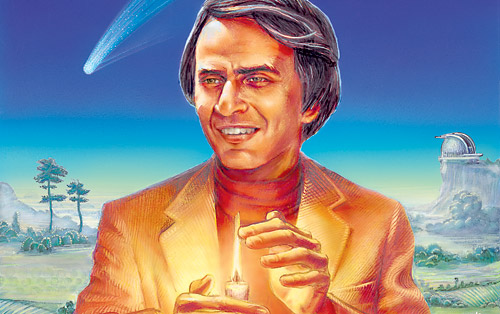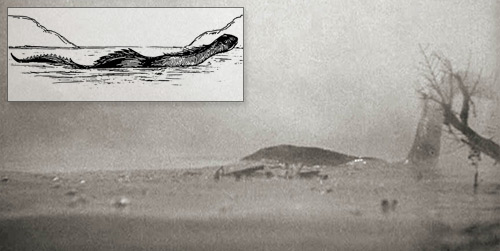Rebel with a Cause
In your criticism of Freud you say that no theory should have to live itself out through its own tenets: “Only psychoanalysis demands that its founder’s life, his childhood, and even his self-analysis that led to this discovery follow his theory.” Yet in many ways hasn’t your life embodied your own theory?



